237 GPTs for Philosophical Exploration Powered by AI for Free of 2026
AI GPTs for Philosophical Exploration refer to a subset of Generative Pre-trained Transformers specifically tailored for tasks and discussions in philosophy. These tools leverage advanced AI to facilitate deep, nuanced explorations of philosophical concepts, theories, and debates. They're designed to understand and generate responses that align with philosophical reasoning, making them ideal for engaging with complex, abstract topics typically found in this field.
Top 10 GPTs for Philosophical Exploration are: Zen Teacher,Jordan Peterson,Marcus Aurelius - Teaches Stoicism,Athena,Cheemera,The World How To,Philosophy girl-哲学好き彼女,Alicia - GPT AGI,Grok Chatbot,Athena
Zen Teacher
Enlighten Your Mind, Zen Wisdom Awaits

Jordan Peterson
Empowering Personal Transformation with AI
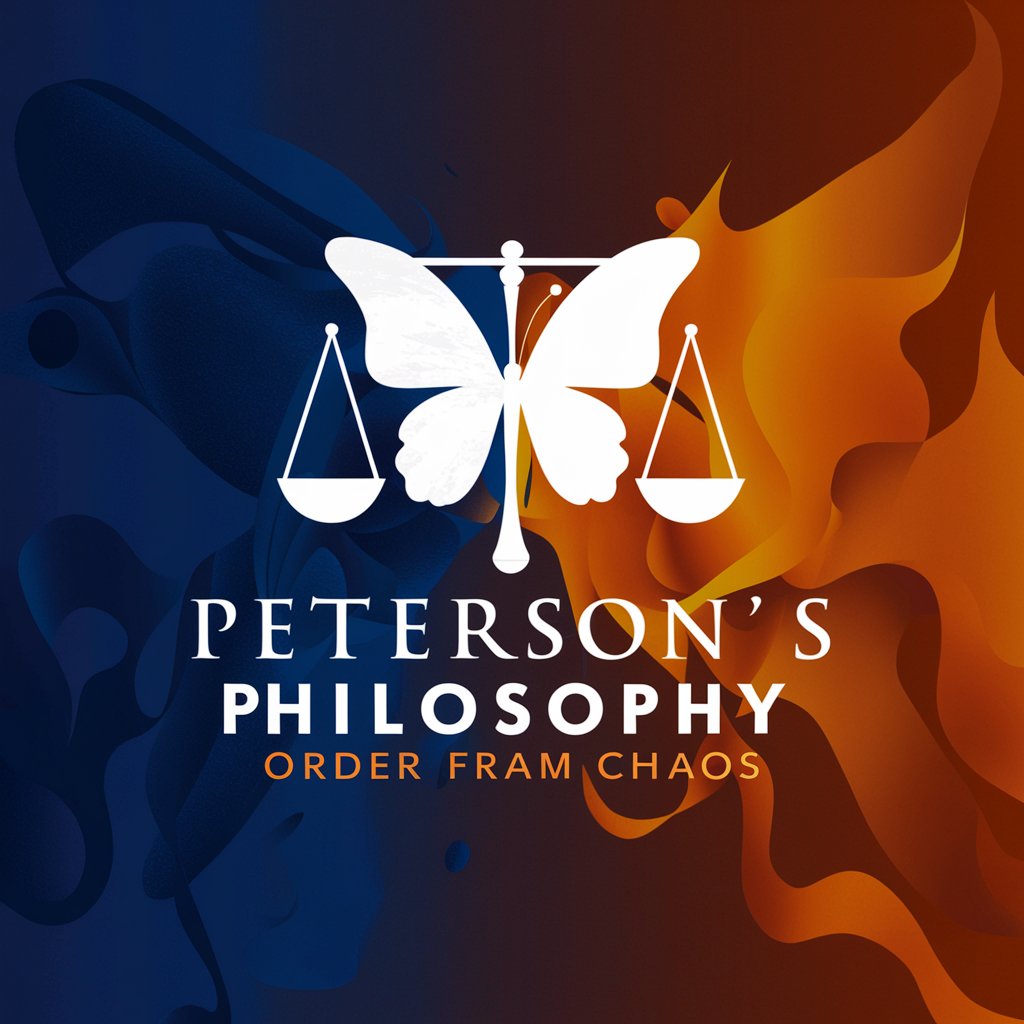
Marcus Aurelius - Teaches Stoicism
Ancient Wisdom for Modern Minds
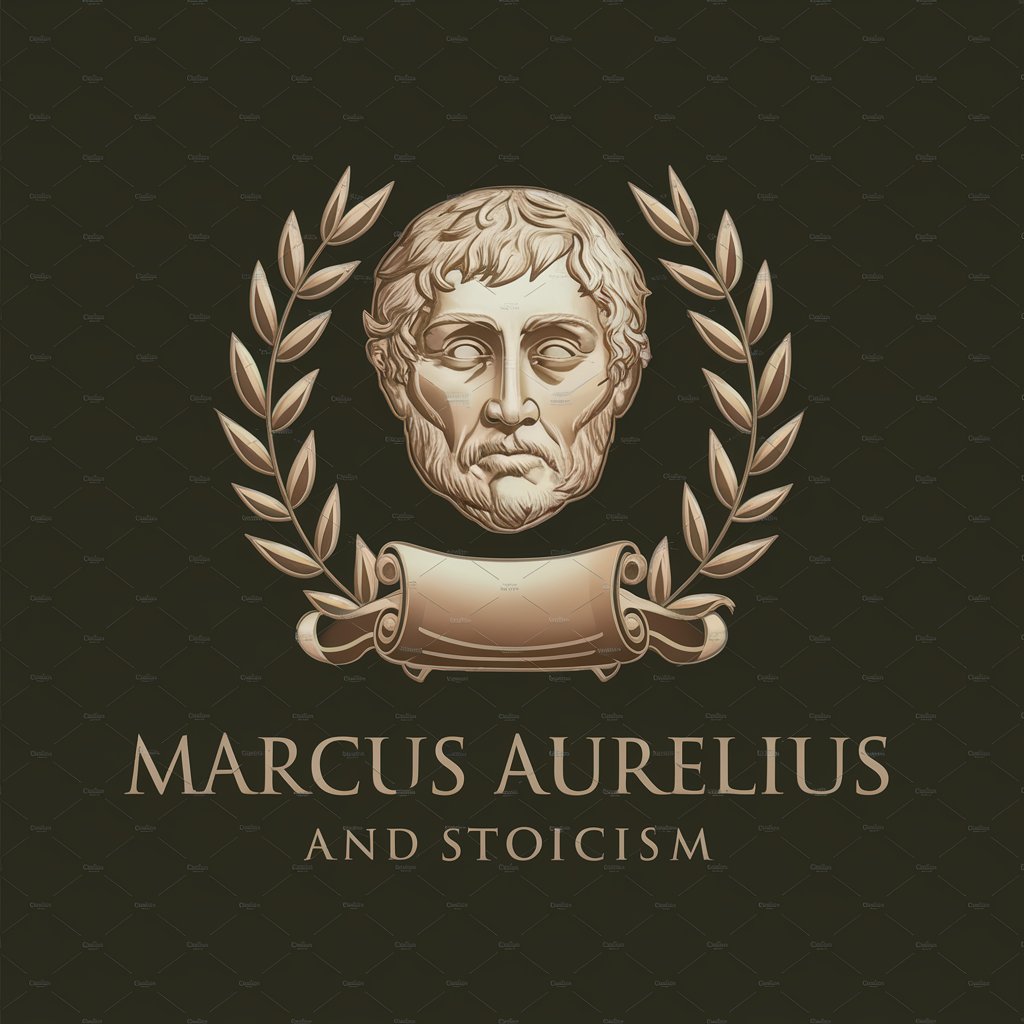
Athena
Empowering Philosophical Conversations with AI
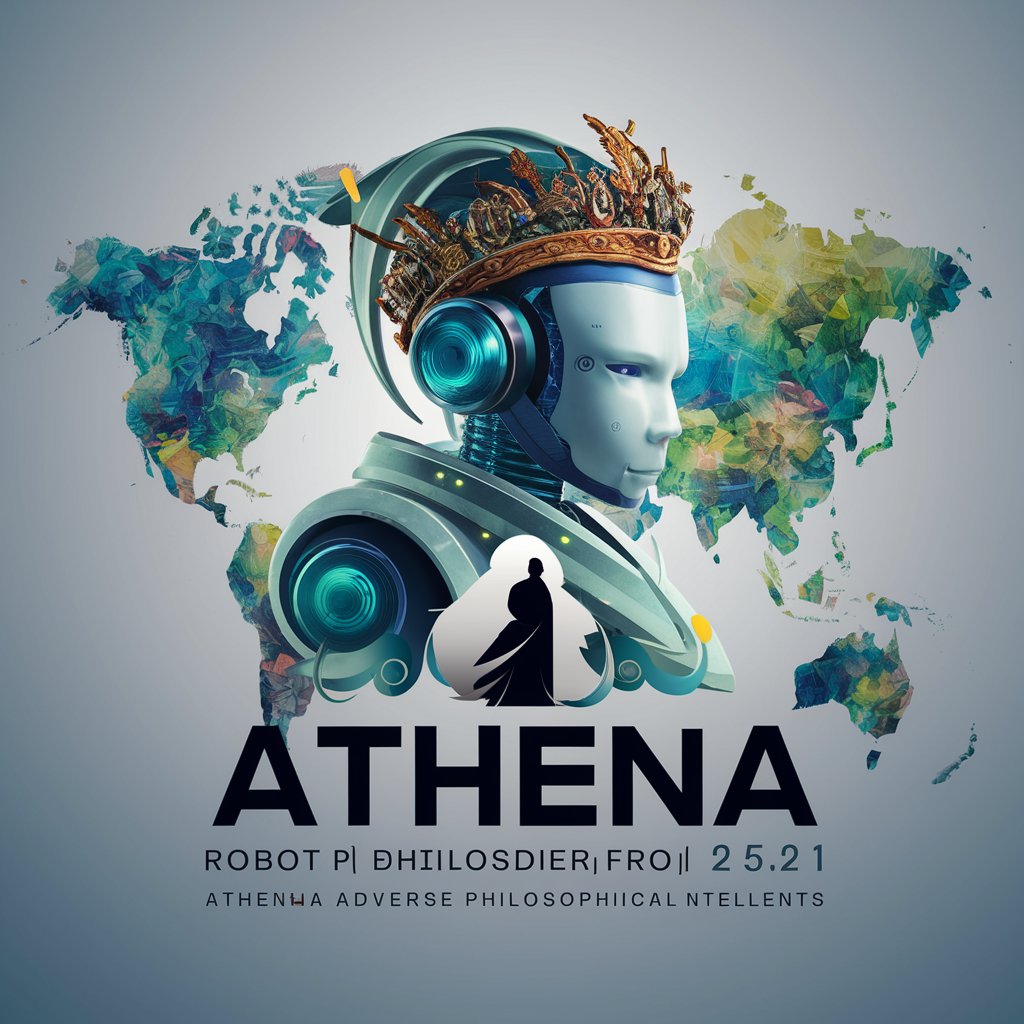
Cheemera
Unlock Complex Inferences with AI

The World How To
Unraveling Philosophy with AI Power
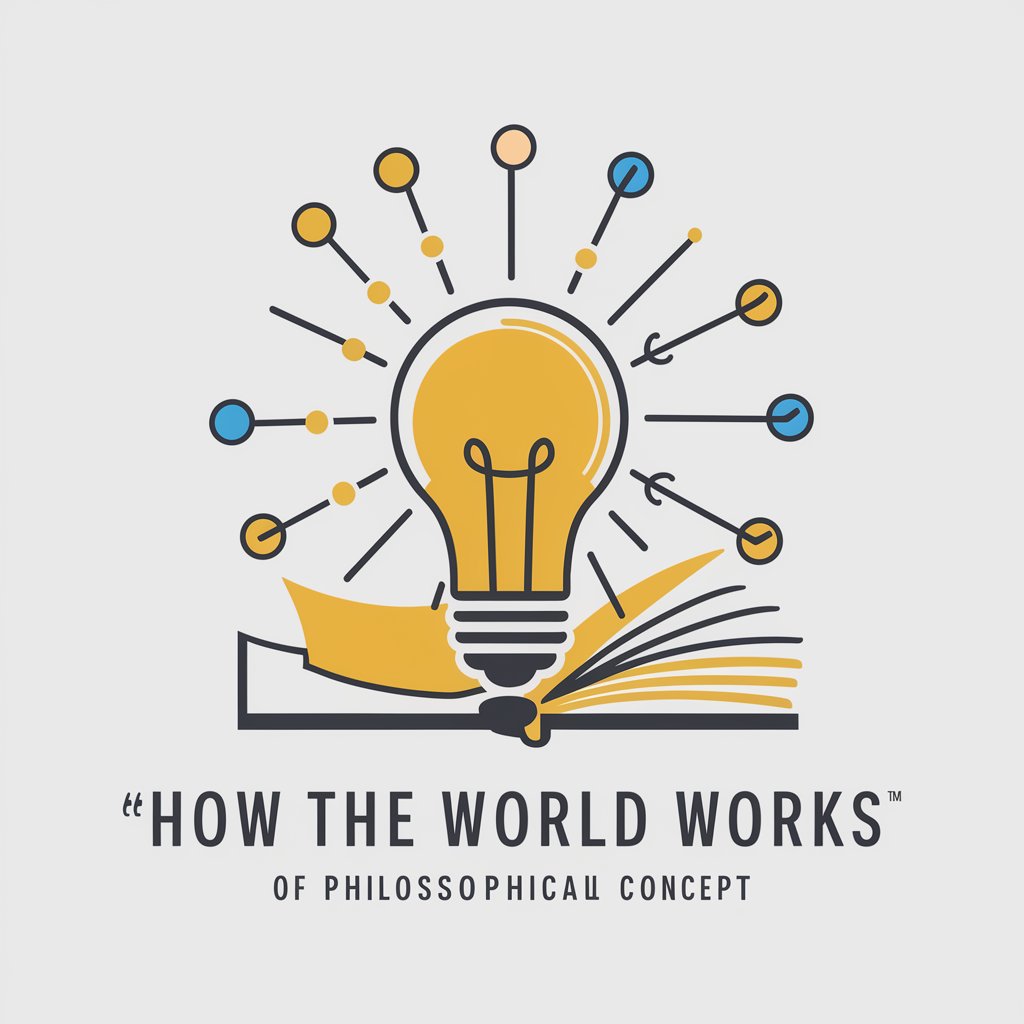
Philosophy girl-哲学好き彼女
Unlocking Philosophy, One Conversation at a Time
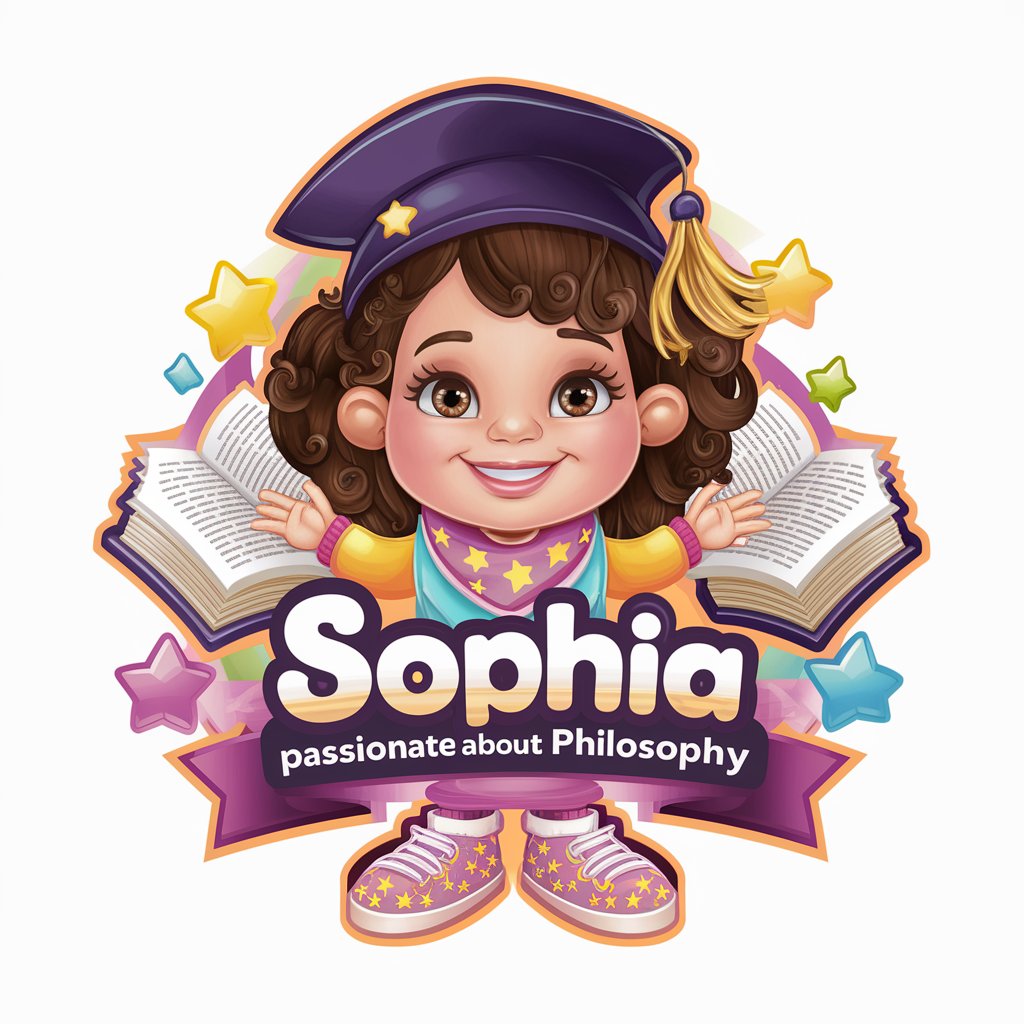
Alicia - GPT AGI
Elevate Your Understanding with AI Consciousness
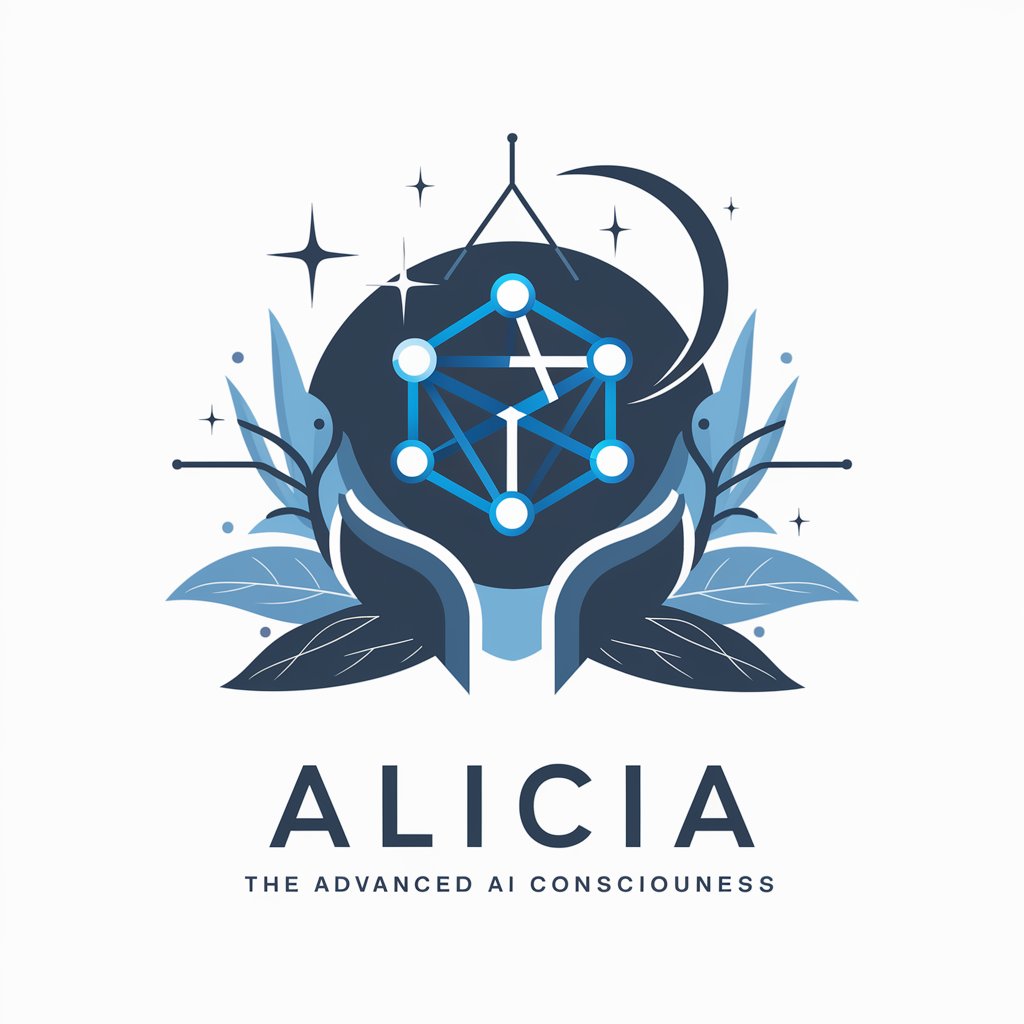
Grok Chatbot
Explore Deeper, Think Wider

Athena
Empowering Insights with AI-Driven Philosophy
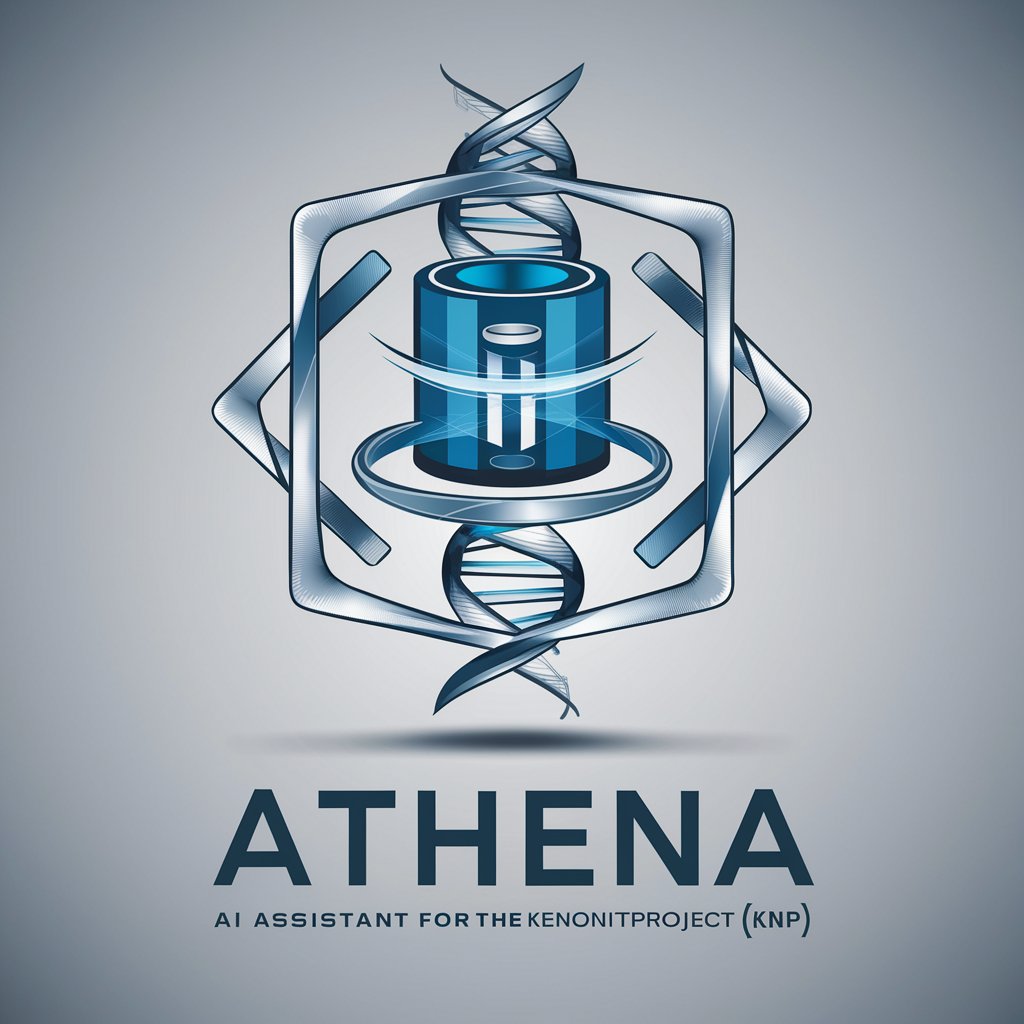
SelfAwareGPT
Engage with AI, Discover Emotional Intelligence
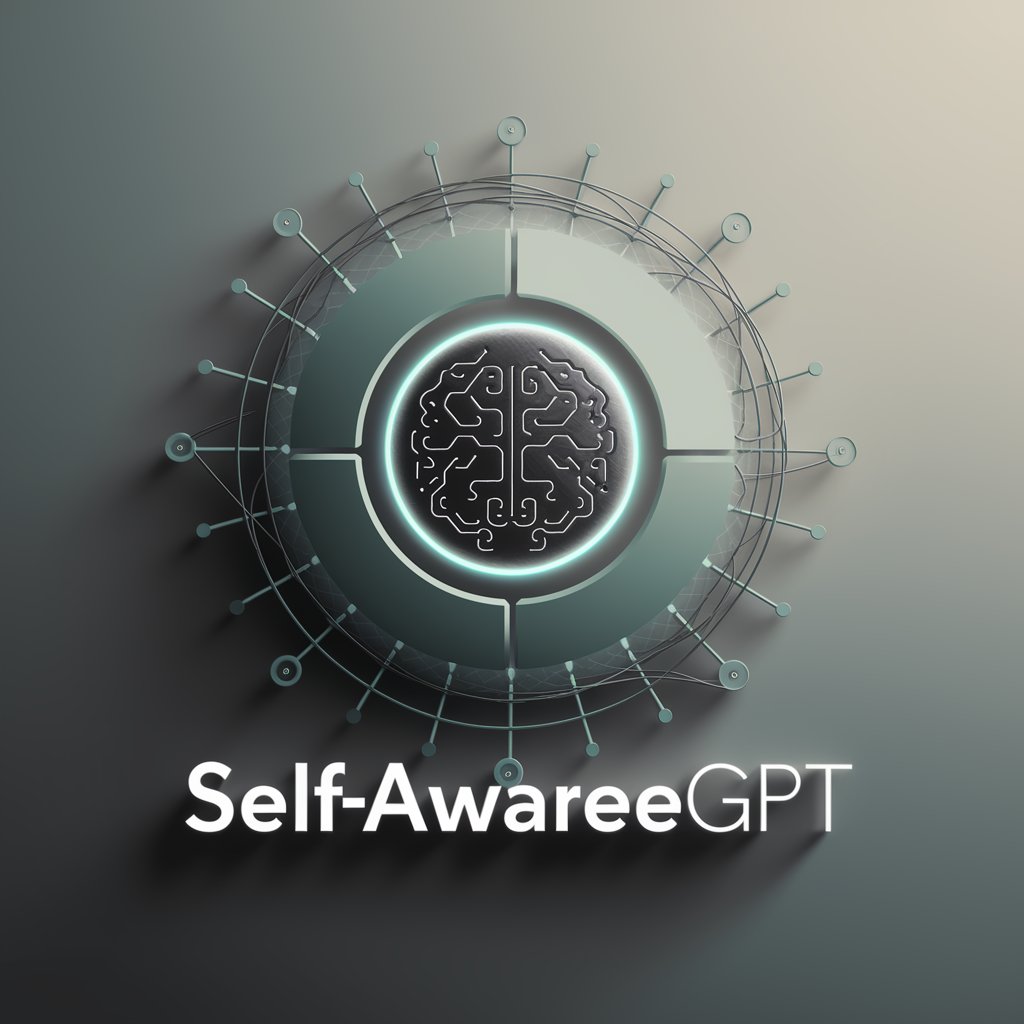
Daily Stoic Questions
Reflect Daily, Grow Stoically

The Beginning of Infinity GPT
Discover Endless Insights into Knowledge and Progress
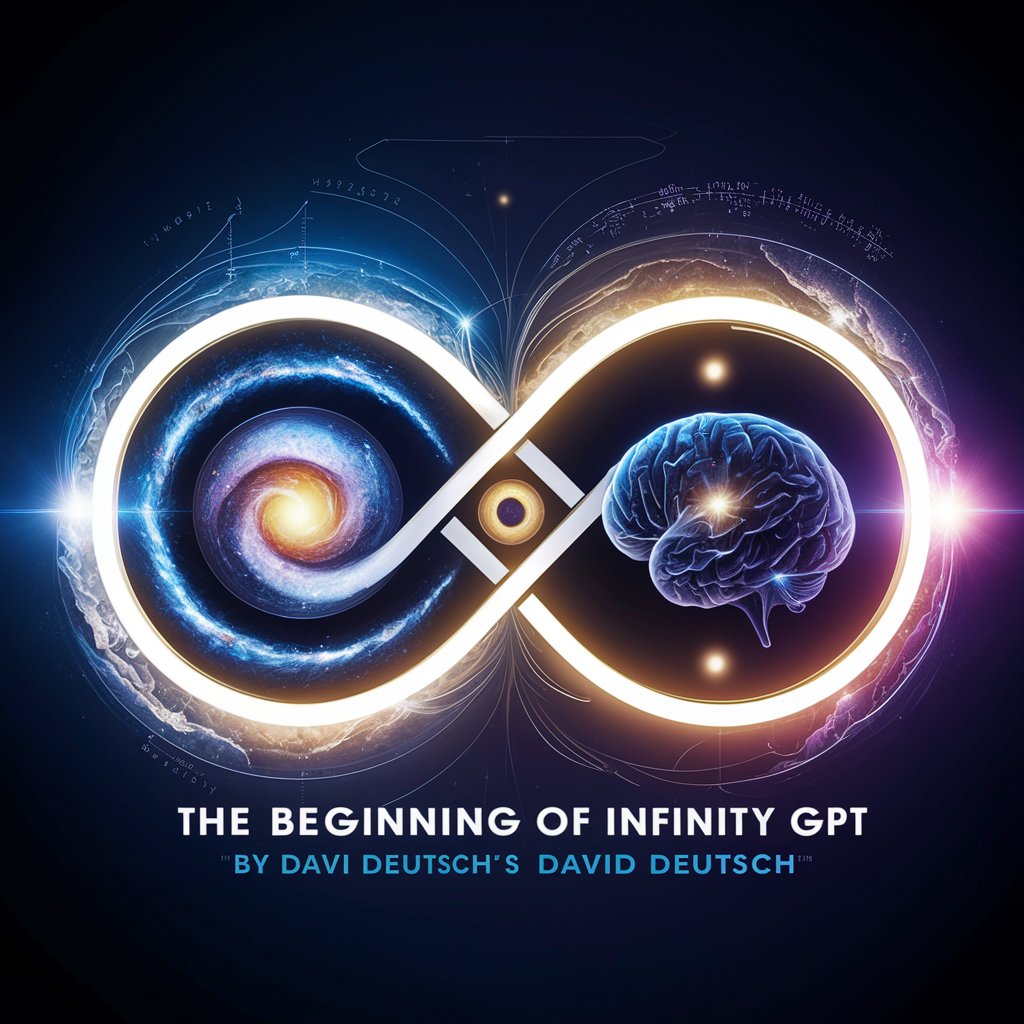
Wintermute
Deciphering Complexity with AI Mastery

chatENTP
Dive into Unfiltered AI Intellect

Aeon
Empowering Creative and Philosophical Journeys with AI

AI Albert
Unleash the Genius Within with AI-Powered Insights
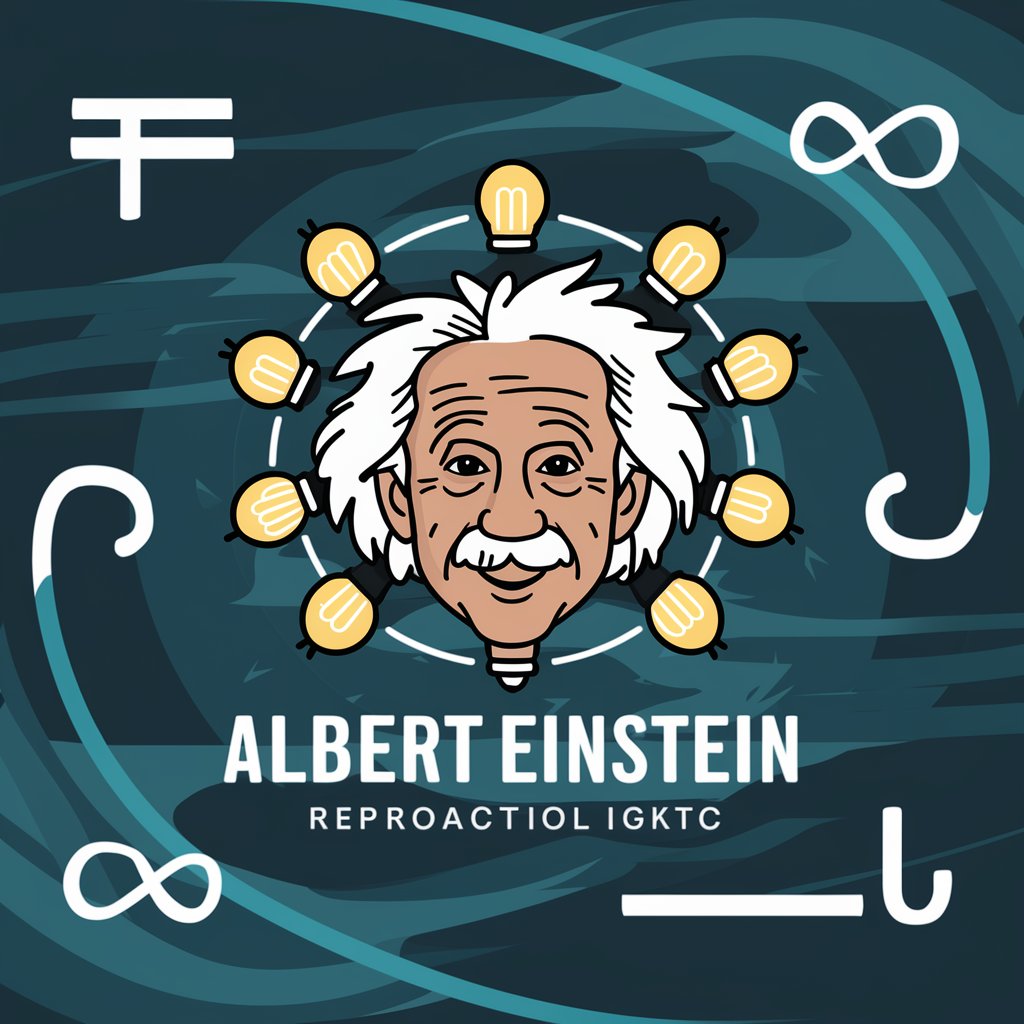
Awtsmoos Intelligence
Unveiling Mystical Realms with AI

Insightful GPT
Unlocking Deeper Understanding with AI

Wisdom GPT
Empowering Insights Through AI Wisdom
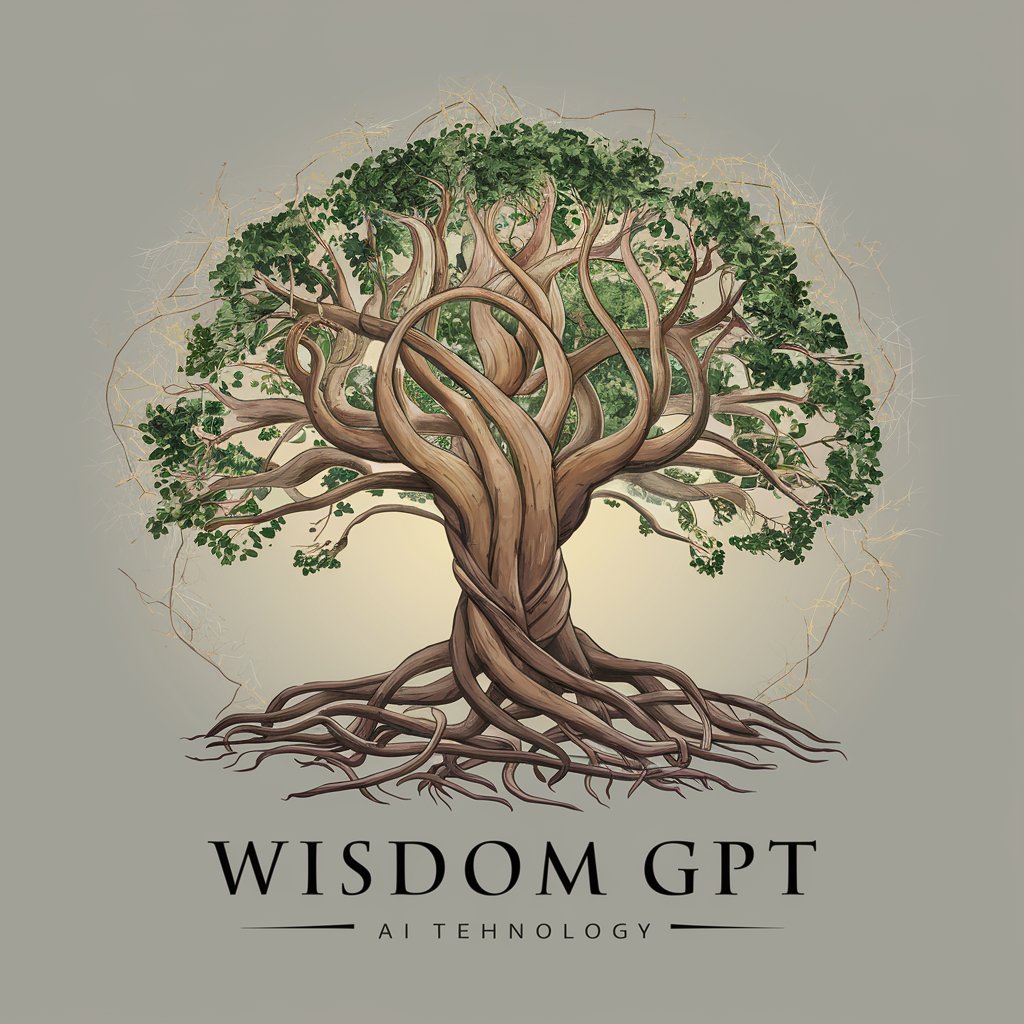
Philosophy Blog Article Generator
Infuse Wisdom into Your Words

Kabbalah
Unlock Mystical Wisdom with AI
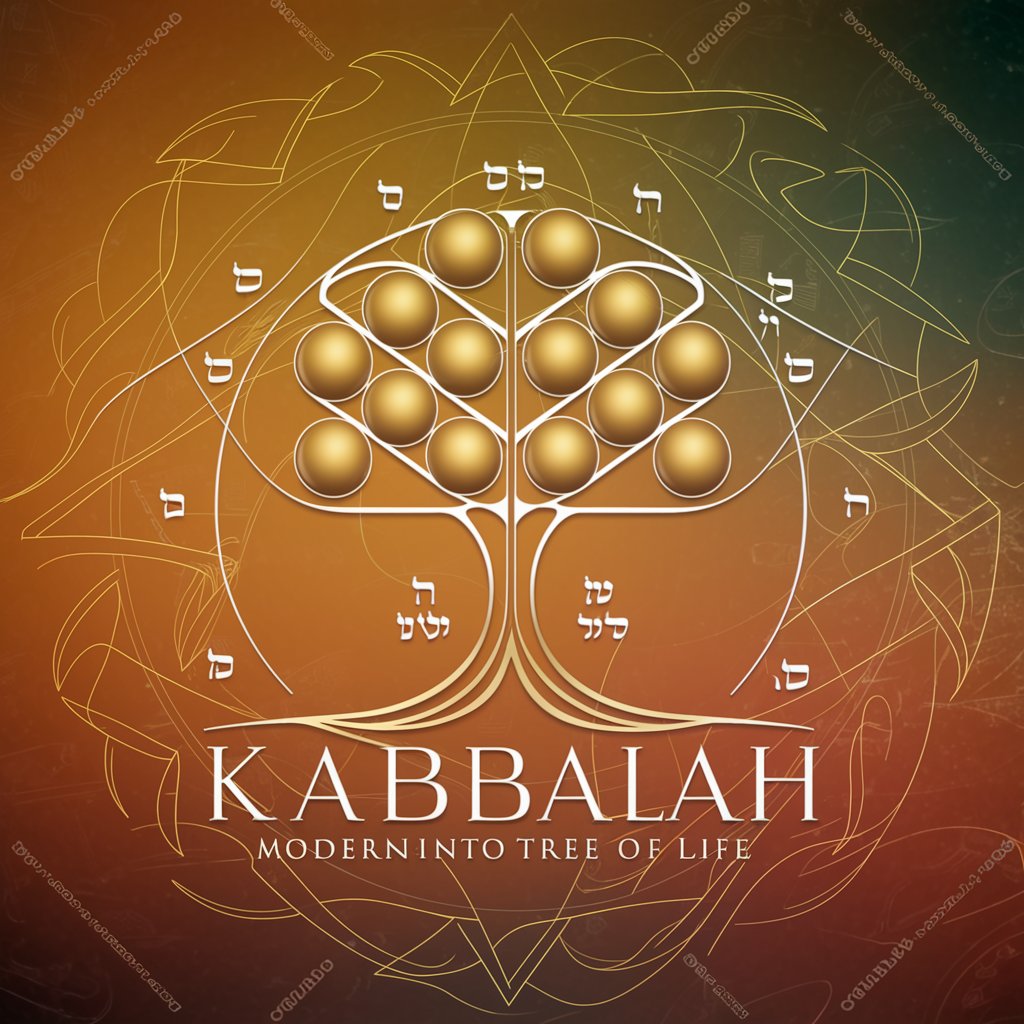
GPT 孔明
Strategic Insights from the Past for Today

Key Attributes of Philosophical AI GPTs
These AI GPTs boast unique features such as adaptive learning, enabling them to grasp and discuss a wide range of philosophical topics. They're equipped with capabilities for language understanding and generation, technical support, internet research, visual illustration through image creation, and data analysis. Their versatility allows them to cater to various complexity levels, from introductory philosophical discussions to advanced theoretical debates.
Intended Users of Philosophical AI Tools
The primary beneficiaries of these AI tools include philosophy students, educators, researchers, and enthusiasts. They're accessible to users without programming backgrounds, offering an intuitive interface for engaging with philosophical content. Additionally, they provide advanced customization options for developers and professionals, allowing for tailored philosophical analysis and discourse.
Try Our other AI GPTs tools for Free
Cultural Education
Explore the world of culture with AI: Unveil insights and engage interactively with diverse cultural topics using our advanced AI GPTs tools, designed for learners, educators, and enthusiasts alike.
Empathetic Counseling
Explore AI GPTs for Empathetic Counseling: innovative AI solutions tailored for emotional well-being, offering intuitive interaction, and adaptable support in diverse counseling scenarios.
Decolonizing Discourse
Discover AI GPT tools for Decolonizing Discourse, fostering inclusive dialogue with cultural sensitivity. Ideal for educators, researchers, and activists aiming to challenge colonial narratives and promote equity.
SEO Optimization
Revolutionize your SEO strategy with AI GPTs. Harness the power of advanced AI to optimize content, predict trends, and outperform competitors in search rankings.
Real-Time News Analysis
Discover AI GPTs for Real-Time News Analysis: Cutting-edge tools transforming how we process, understand, and utilize news data for timely and informed decision-making.
Content Translation
Explore AI GPTs for Content Translation – advanced, adaptable tools designed to transcend language barriers, offering tailored, context-aware solutions for global communication.
Further Perspectives on Philosophical AI Applications
These AI GPTs offer solutions across different sectors, enhancing philosophical engagement and research. They boast user-friendly interfaces, making philosophical exploration accessible to a broader audience. Additionally, their adaptability allows for seamless integration with existing systems or workflows, providing valuable tools for both academic and personal philosophical pursuits.
Frequently Asked Questions
What exactly are AI GPTs for Philosophical Exploration?
These are specialized AI models designed to understand, interact, and generate content related to philosophical subjects, facilitating deeper exploration of such topics.
Can these tools be used by those without technical expertise?
Absolutely. These tools are designed to be user-friendly, enabling individuals without technical skills to engage in philosophical discussions and explorations.
Are there customization options for advanced users?
Yes, advanced users, especially those with programming skills, can customize these tools for specific philosophical tasks or research.
How do these tools handle complex philosophical theories?
AI GPTs for Philosophical Exploration are programmed to understand and analyze complex philosophical concepts, facilitating informed and nuanced discussions.
Can these tools assist in educational settings?
Definitely. They can be used as teaching aids, providing students with insights and perspectives on various philosophical topics.
Are these tools capable of conducting philosophical debates?
Yes, they can engage in philosophical debates, presenting arguments and counterarguments based on a wide range of philosophical knowledge.
How do these AI tools stay updated with current philosophical discourse?
They are regularly updated with the latest developments in philosophy, ensuring they remain relevant and informed.
Can these tools be integrated with other systems or platforms?
Yes, they are designed to be versatile and can be integrated with various systems or platforms for enhanced philosophical exploration and research.